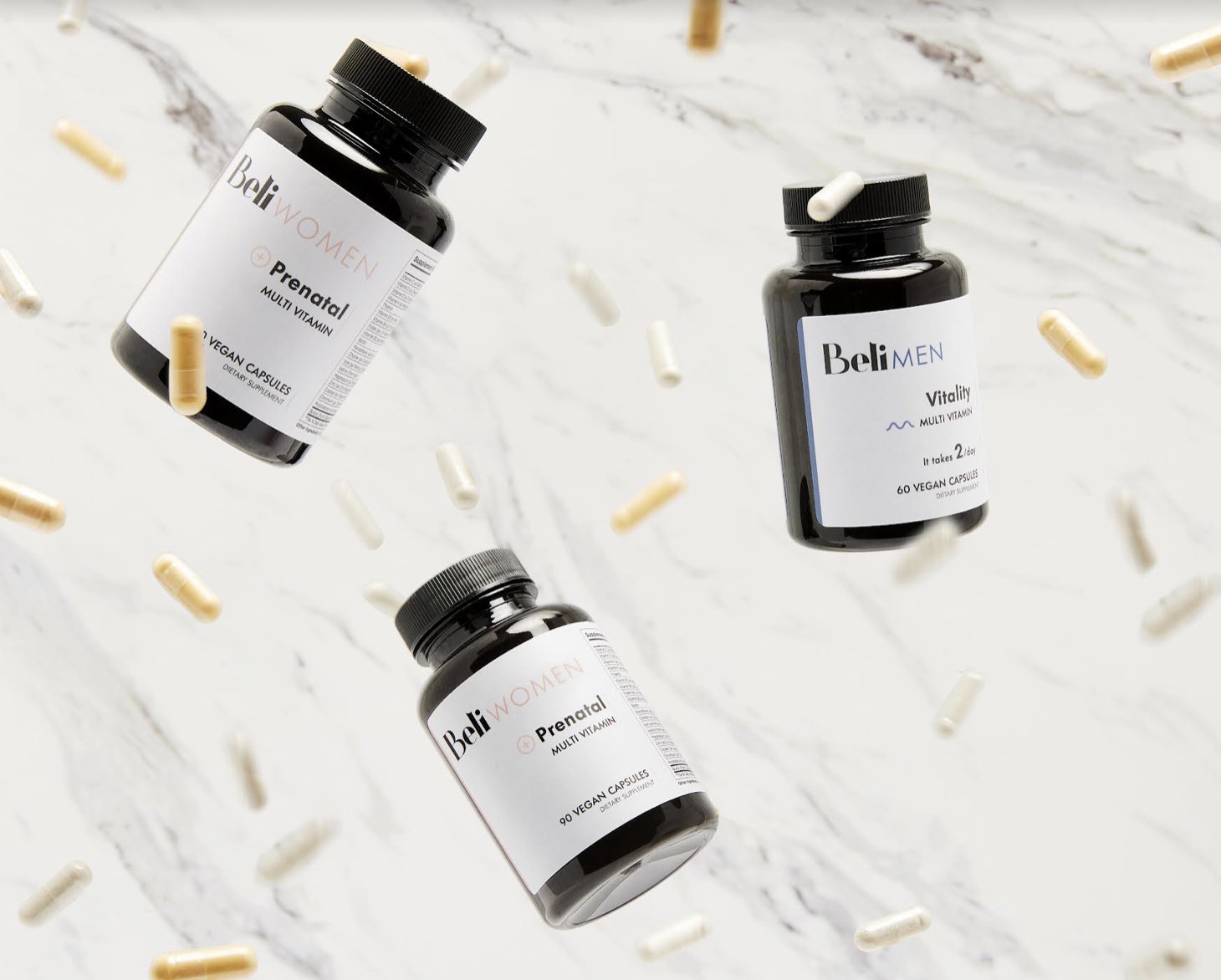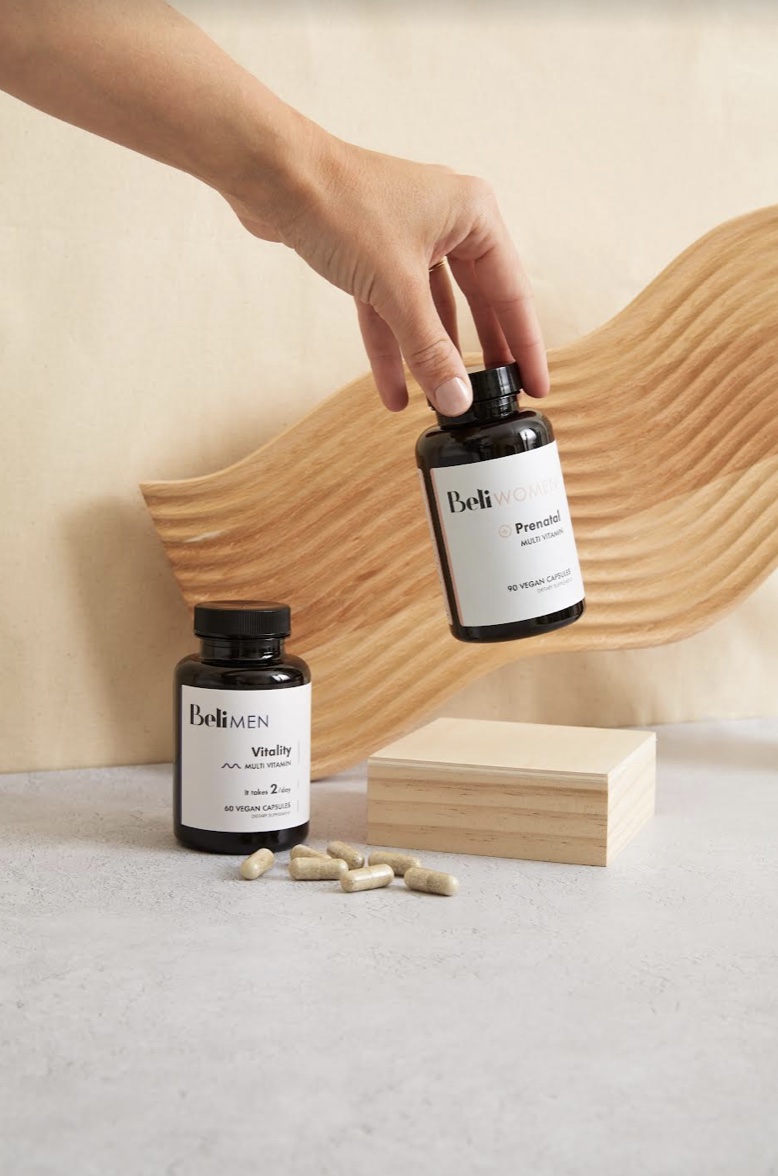
Consumers tend to assume that anything they buy, whether it’s shampoo, candy, or prenatal vitamins, has been vetted for safety and efficacy. Surprise – that’s not necessarily the case. While the U.S. Food and Drug Administration (FDA) does its due diligence for all sorts of products before they ever come to market, some things fall into the postmarket enforcement category. In other words, the FDA takes action only after things go sideways. One such product? Prenatal vitamins (yes, really). But one company, at least, is embracing transparency and doing its part to educate consumers on everything worth knowing about prenatal vitamins – including how to be a savvy consumer.
Understanding the Role of Prenatal Vitamins
If you don’t know, now you know – all of a growing baby’s nutritional needs happen through the mother. Every critical nutrient, from folate to choline to vitamin D and on, is delivered directly to the baby via mama’s blood. Those nutrients are critical for proper growth and development, which is where prenatal vitamins come in.
Here’s the problem. As dietary supplements, prenatal vitamins aren’t regulated before they make it to the store shelf. This reality troubled Beli founder Joni Hanson Davis during her own pregnancies. In addition to the fact that prenatal vitamins hadn’t kept pace with science, the industry as a whole had a distinct “Wild West” feel. It had never occurred to her that the products she was taking to nurture herself and her three babies might be doing more harm than good. In launching her own line of prenatal vitamins formulated to support men and women in their pursuit of parenthood, she knew that prioritizing proven nutrients and manufacturing to the highest standard was key.
For Hanson Davis, that meant using the highest quality, most bioavailable ingredients, such as chelated iron, TRAACS™ magnesium and MTHF folate instead of folic acid. It meant lichen-derived vitamin D3 instead of the less well-absorbed D2. It meant vegan-friendly capsules, no unnecessary fillers or colorants, and no gluten, allergen, or GMO ingredients. It also meant manufacturing prenatal vitamins in the United States at FDA-registered and certified cGMP facilities.
“Unfortunately, none of this is the standard,” says Hanson Davis. “It’s expensive to prioritize the safest, most efficacious ingredients and include them in recommended amounts. Outsourcing production overseas or using cheap ingredients means a higher bottom line. But we’re in this business to support the health of hopeful parents-to-be, so they have the best chance of creating and welcoming a new little life. And you can’t do that when you’re cutting corners.”
If recent history is any indication, this level of transparency makes Beli a bit of an outlier – in the best way.
A Troubled Past
In 2016, the American Medical Association and the American Academy of Pediatrics called out the top 25 prenatal vitamins because they weren’t meeting vitamin and mineral recommendations. Specifically, they were lacking in choline, a nutrient that rivals folate for proper neural tube development. In 2010, a review of over 200 prenatal brands found excessive amounts of lead in the vitamins screened, in some cases to 15 times the recommended limit in apple juice.

In a way, this lack of consistency and concern for safety and efficacy make sense. There is no single standard in the prenatal vitamin industry for necessary nutrients, nor amounts of those nutrients. That means individual prenatal companies are coming up with their own formulas. And unless they’re referencing the most current recommendations from respected organizations like the American College of Obstetricians and Gynecologists or the American Medical Association, on what scientific research are they basing them?
The upshot of that scenario is wild differences in nutrients and quantities from one prenatal vitamin to the next, and the potential for ingredients that aren’t benefiting you or your baby – or worse, doing actual harm.
Titanium dioxide is one such ingredient. It’s in the crosshairs at the moment, with the current Skittles lawsuit. It’s typically used as a color additive and whitener in prenatal vitamins, and studies are mixed about its toxicity below a certain level. However, it’s been banned in Europe since 2019 and research shows it’s readily absorbed into the bloodstream. Keep in mind, pregnancy is a time when people are advised to avoid excessive amounts of caffeine, soft cheeses, deli meats, and sushi, just to play it safe. If there’s even a question that titanium dioxide is problematic, what is doing in a prenatal vitamin?
Tips for Shopping Wisely
A prenatal vitamin has one job, so it’s worth taking time to research your options before buying. That means getting comfortable scanning labels. Here’s what Hanson Davis advises.
- Be clear about important ingredients and quantities. If you don’t know where to begin, speak with your OB or a fertility dietitian, or check the latest recommendations from ACOG. A good place to start is with a penatal that contains iron or calcium – not both, because they compete for absorption – at least 450 mg of choline, 100 mcg of vitamin D, 400 mg of methylated folate instead of folic acid, 25 mcg of iodine, and magnesium.
- Check for bioavailability. Low-quality supplements tend to include vitamins in forms that are difficult (or even impossible) to properly metabolize. That’s the case with folic acid and many B vitamins. Check for methylated forms of B6 and B12.
- Know what shouldn’t be included. Avoid prenatals that contain additives like artificial colorants, hydrogenated oils designed to increase shelf life, magnesium silicate and titanium dioxide for aesthetic whitening, and rice flour, which is often used as a bulking ingredient.
- Confirm safe manufacturing conditions. Look for the FDA-registered facilities and the cGMP seal of approval, which indicates prenatals have been manufactured in a safe, standardized method to ensure safety, quality control and consistency.
The bottom line for shopping for prenatal vitamins wisely is to do your homework. Look beyond claims of being “clean” to see what that really means. “ ‘Clean’ is one of those labels that doesn’t really mean anything,” says Hanson Davis. “There’s no accepted definition and no enforcement of standards. If a company is calling its products clean without really specifying what that means, consider it a red flag.” The good news is that there are prenatal vitamin brands prioritizing safety and efficacy, and taking time to understand what’s important makes it much easier to zero in on a prenatal vitamin that will do its job properly.
Advertising disclosure: We may receive compensation for some of the links in our stories. Thank you for supporting LA Weekly and our advertisers.
